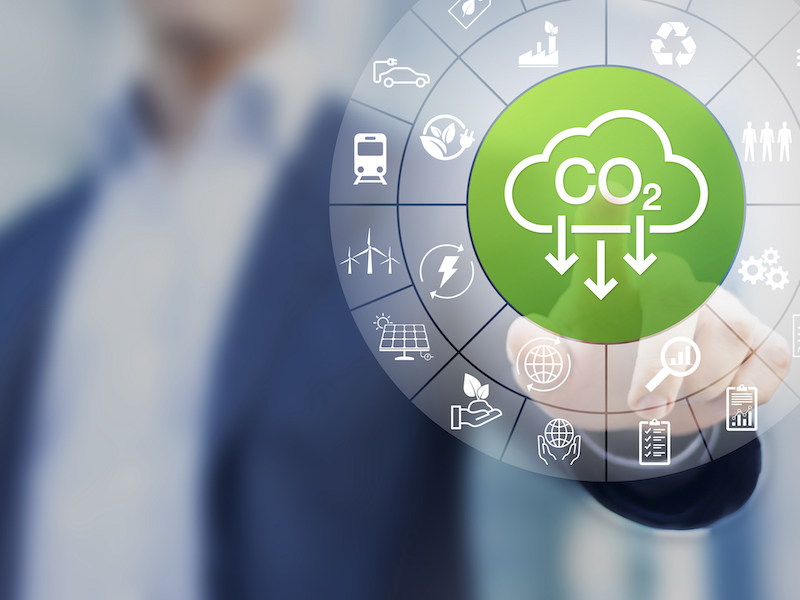
Accelerating the transition to a lower-carbon economy would reduce the risks facing households, firms and banks, according to the European Central Bank’s (ECB) latest climate stress test.
The ECB said its examination of three possible transition scenarios found that speeding up the move to a green economy would be the best way to reach net-zero by 2030.
“The results show that firms and households clearly benefit from a faster transition,” the central bank said. “While a speedier transition initially involves greater investment and higher energy costs, financial risks decrease significantly in the medium term.”
The heftier upfront investment — reaching €2 trillion by 2025 — pays off earlier and reduces energy costs, which has the least impact on profits and purchasing power, the ECB found.
Conversely, delaying those investments means ramping them up rapidly later, “putting firms at higher risk, particularly in energy-intensive sectors such as manufacturing, mining and electricity, with debt levels rising and profits falling around twice as much as for the average euro area firm,” it said.
The increased risk to firms also impacts the banks that lend to them, it noted.
“Banks are exposed to the highest credit risk if the transition has to be rushed at a later stage and investment is required quickly at higher costs,” the ECB said.
Additionally, a delayed transition would exacerbate the physical risk faced by the economy generally, and the financial sector in particular, it said.
“We need more decisive policies to ensure a speedier transition towards a net-zero economy in line with the goals of the Paris Agreement. Moving at the current pace will push up risks and costs for the economy and financial system. There is a clear need for speed on the road to Paris,” said Luis de Guindos, ECB vice-president, in a release.